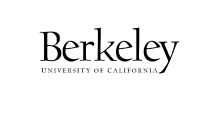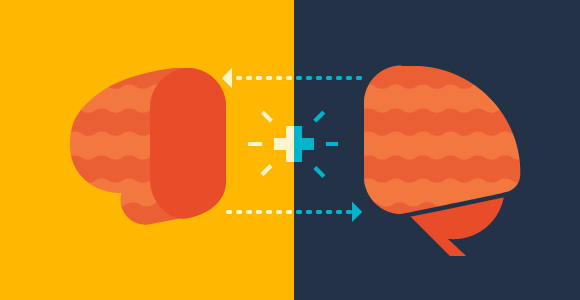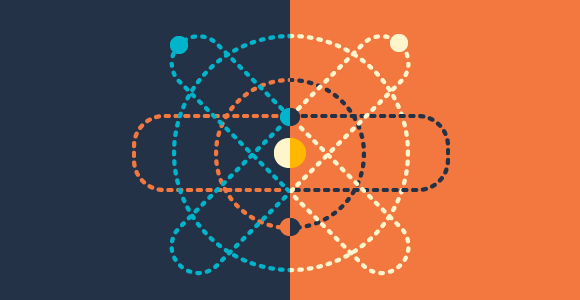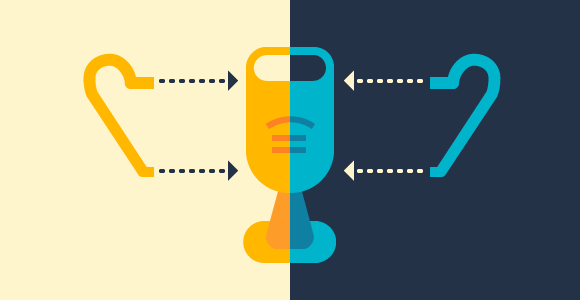About the Video
You know how some authors tuck their messages away in subtle narrative layers, inviting you to tease them out through careful analysis? Well, Ayn Rand isn't one of those authors. In Atlas Shrugged, her 1957 magnum opus, Rand thrusts her philosophy to the foreground, leaving no question as to where she stands on social values.
Having witnessed the Communist conquest that shook her native Russia, Rand had quite a bit to say about the merits of capitalism, freedom, and self-interest. Though she had already begun to outline her social theory in her previous novel, The Fountainhead, it was Atlas Shrugged that—through heavy symbolism and even explicit speeches—solidified the divisive ideology she called Objectivism.
Particularly in the wake of Paul Ryan's now-famous endorsement, it seems like everyone has something to say about this controversial manifesto. Love it or hate it, Atlas Shrugged is likely to remain a staple of dinner party conversation for years to come. Don't miss out on the fun—check out this TL;DR video and bring your own opinion to the table.
Transcript
No time to read Atlas Shrugged? No problem! Let’s dive right in.
What: Ayn Rand’s final novel, published in 1957, and a source of controversy ever since. Derided by critics as “a homage to greed”; praised by fans as one of the most valuable novels ever written.
Where: A dystopian United States sometime in an unspecified but relatively low-tech future. It’s in a bad economic depression, and to make matters worse, the country’s best and brightest business leaders keep disappearing. For reasons unknown, a mysterious question is spreading among the hopeless masses: “Who is John Galt?”
Who: Our narrator and heroine is Dagny Taggart, Vice President of the Taggart Transcontinental Railroad. She’s smart, headstrong, and intent on saving her family’s company from the collectivist policies that are strangling the economy. Unfortunately her brother James, president of the railroad, is a total wuss.
There are some interesting men in Dagny’s life:
1. Her former lover, Francisco d’Anconia, the heir to the copper industry who appears to be recklessly destroying his family’s fortune. Spoiler alert: he has a plan.
2. Hank Rearden, the developer of Rearden Steel, a new metal that would be great for the company’s new rails. Although it’s risky, Dagny goes ahead with Rearden Steel—then sets out on a sexy cross-country road trip with its unhappily married inventor.
Dagny and Rearden stumble upon a sweet energy-converting motor that could change the world and rescue the economy. Dagny sets out to find the inventor, and a series of detours and clues eventually lead her through a “ray screen” to a secret valley called Atlantis. There, she meets bachelor number three: the handsome, brilliant inventor John Galt.
It turns out Galt has been leading the country’s top businessmen and innovators in a strike against their socialist government. The game plan is to post up in Atlantis until the economy collapses altogether in the absence of its great minds. These folks are sick and tired of handing over their wealth and inventions to support the country’s unproductive leeches. They aim to teach the government a lesson by, as Galt puts it, “stopping the motor of the world.”
Francisco sums it up by invoking Atlas, the mythical giant with the literal weight of the world on his shoulders. When the burden gets too heavy, Francisco asks, what’s a giant to do? The answer: “to shrug.”
Long story short, Dagny and Galt fall in love and the two go back to see about saving the railroad. Galt is captured and tortured by the government, but not before giving a dramatic radio address denouncing social responsibility in favor of individual freedom and rational self-interest—that is, Rand’s theory of Objectivism.
Dagny and her crew rescue Galt, and they hightail it back to Atlantis, returning only after the government and economy have completely crumbled—leaving the intellectual elite to build an individualistic society from scratch.
… And some of them lived happily ever after. Not exactly warm and fuzzy, but there you have it.
Share/Embed
Share Video
Embed
Explore Free Online College Courses from Our Featured Universities
-
Massachusetts Institute of Technology
 232 Courses
232 Courses -
Stanford University
 161 Courses
161 Courses -
University of California, Berkeley
 64 Courses
64 Courses
Most Popular Playlists
-

First Day of Freshman Year
Relive the first day of your freshman year with a series of first lectures from introductory college courses at MIT, Yale, and Stanford.
-

Laws of Nature
Introduce yourself to the laws of nature with these free online college lectures from Yale, Harvard, and MIT.
-

Living a Good Life
Gain fresh perspective on how to live a good life with these lectures taken from free college courses offered by Yale.
Related Degrees